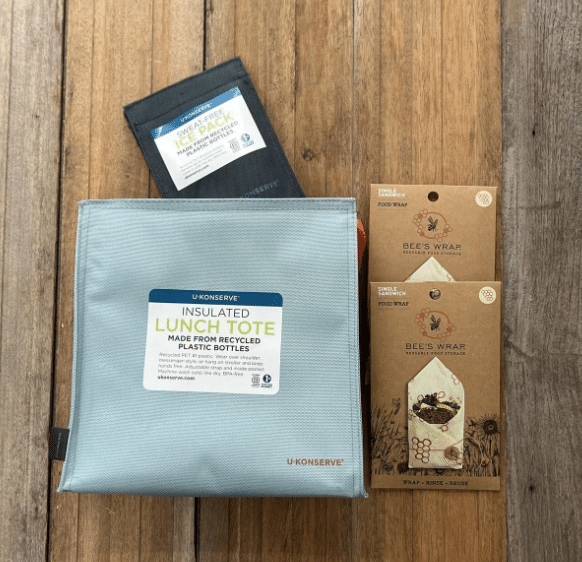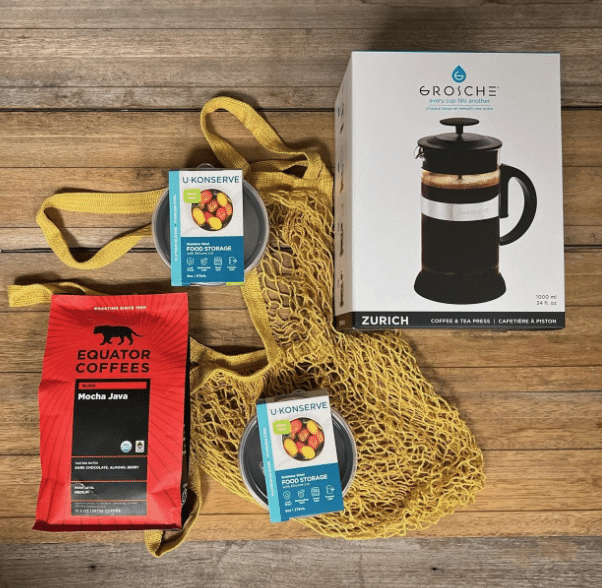Zero Waste
How can I apply the concept of zero waste in my life?
Every year, the average person generates about 595 pounds of waste globally, while in the U.S., the figure is significantly higher—around 1,760 pounds. This waste production is influenced by lifestyle choices, consumption habits, and access to recycling and waste management systems.
While innovators have developed promising solutions—such as converting landfill methane into renewable energy or creating biodegradable materials—these efforts alone are not enough to solve the waste crisis. We must all rethink how we manage our own waste by reducing consumption, reusing materials, and finding new ways to repurpose what we typically discard.

The Hidden Costs of Waste
Have you ever thought about where your trash goes after you throw it away? Much of it accumulates in landfills and oceans for centuries, harming our health and the environment. For communities of color, the burden is often heavier, as waste management facilities and toxic sites are disproportionately located in their neighborhoods. Globally, developed countries export waste to developing nations, exploiting both land and people.
Plastics, one of the most persistent forms of waste, contain harmful chemicals linked to serious health issues. Despite recycling efforts, only 9% of plastic is repurposed, while the rest lingers in landfills or ends up in oceans, posing further risks.
Progress and Promise
Despite the challenges, communities worldwide are leading the way in waste reduction. Youth leaders in Africa are developing innovative solutions through the African Youth Adaptation Solutions Challenge, while New York City schools are now composting food waste. These efforts are inspiring, but true progress depends on reducing waste at its source.
Transforming Your Relationship with Waste
The good news? There are reusable alternatives for almost everything! Companies like [Insert Update Partner] and 5 Gyres provide products and resources to help reduce plastic pollution and transition to a low-waste lifestyle. However, it’s important to remember that not all alternatives are accessible for everyone, such as people with disabilities.
By embracing the 5 Rs, you can take impactful steps toward a low-waste life and inspire others to do the same.
Let’s be mindful of our waste and advocate for broader change!
EXPAND YOUR KNOWLEDGE
Deepen Your Understanding
Plastic pollution has global reach—leaving a trail of environmental damage across ecosystems and communities. By understanding its widespread consequences and solutions available to address the crisis, you can help drive meaningful change.
Explore these resources to deepen your knowledge and take action.
CHALLENGES
Consider the full lifecycle of a single-use product:
Each stage has profound consequences on the environment, human health, and social justice. Remember, every piece of plastic ever made still exists in some form—often polluting ecosystems and disproportionately impacting marginalized communities.
How often do you actually see the waste you produce? “Out of sight, out of mind” often applies when we toss things “away” without a second thought. But what if we had to confront our waste every day? By becoming aware of our own waste footprint, we can better understand its true environmental impact. What steps can you take to reduce your waste and rethink what you discard?
See Your Waste: A Day in the Life
Waste doesn’t have to end up in landfills—it can be transformed into something beautiful and meaningful! Around the world, artists are repurposing discarded materials into creative expressions that challenge how we perceive waste. This not only reduces environmental impact but also sparks important conversations about consumption, sustainability, and art as activism. What if we all viewed waste as a resource rather than something to discard? How might creativity shift our collective mindset around trash?
Get Creative with Recycled Art!
Extra Credit is due on October 15 at 6am PT. Up to 100 points will be awarded for outstanding work.
“Making a personal decision to avoid plastic is a great place to start – but a terrible place to stop. To create a future without plastic pollution, we need to work together to make the right decisions easy in an economy that works for everybody.”
– The Story of Plastic, a powerful film from our partner, Story of Stuff.
In a world overwhelmed by plastic pollution, The Story of Plastic reveals the hidden truths behind the plastic waste crisis and the systemic issues fueling it. How can we turn awareness into action?
PRIZES
Up to 10 Greener and 10 Greenest outstanding submissions will be selected as winners.

